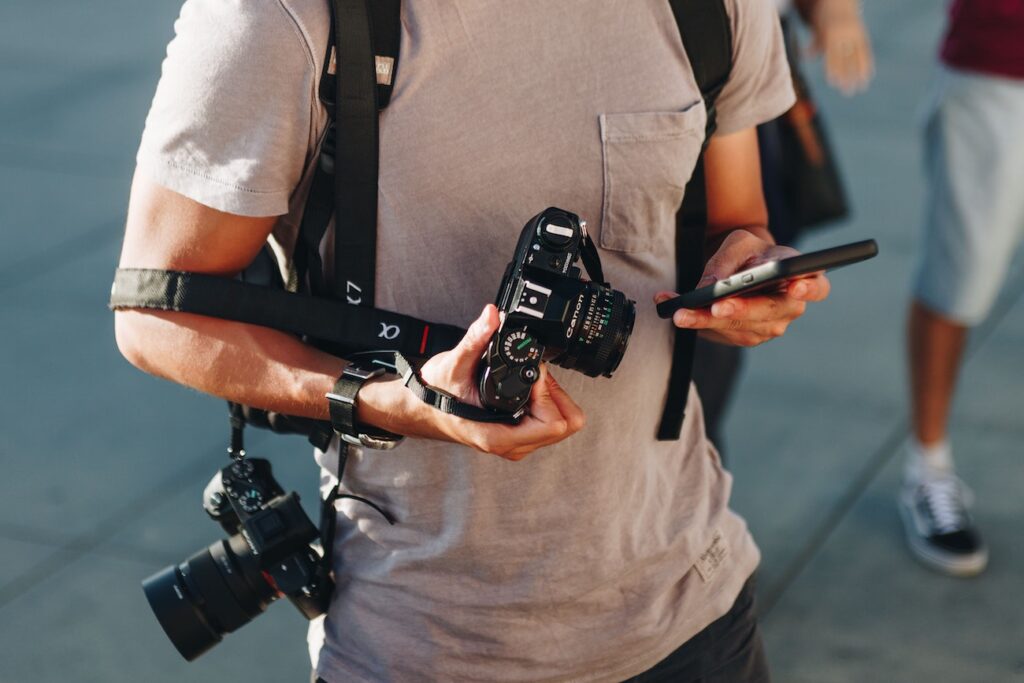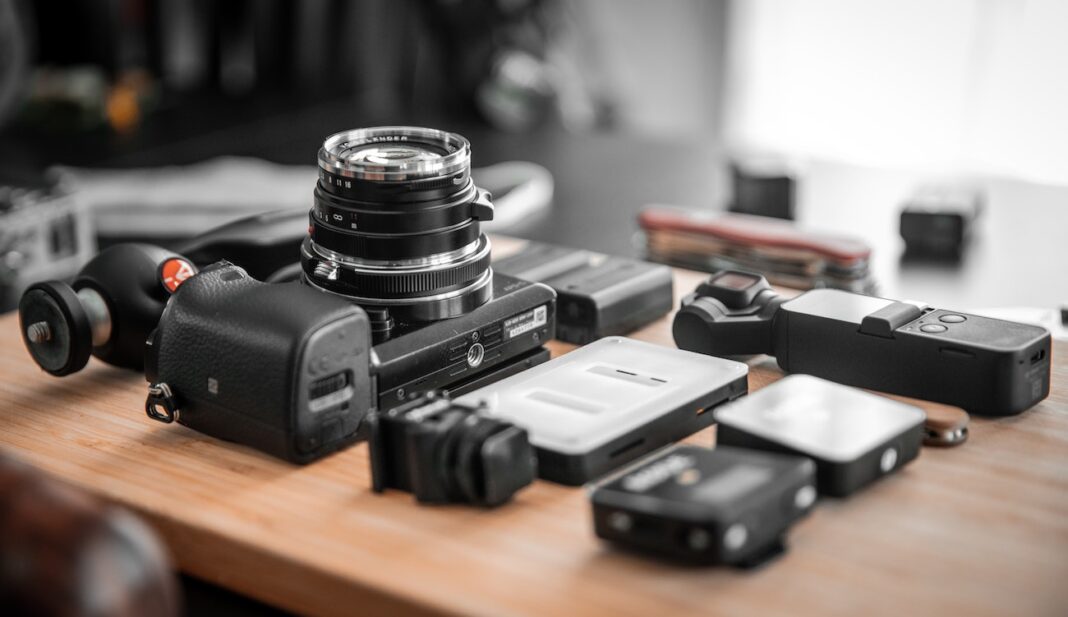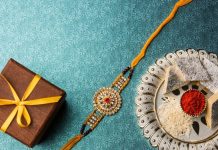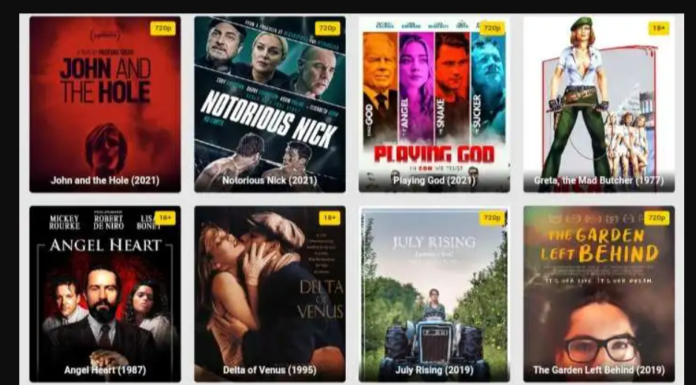There are an estimated 260,000 photography businesses in the US, and many more independent photographers taking on freelance work and trying to grow their own personal brands. It’s a competitive field with more and more newcomers every passing day.

It remains a lucrative career path, however, for those who are able to stand out from the crowd and create truly inspiring work. To do that, you’ll need to have the right tools for the job and no how to put them to use.
Tools extend far beyond your camera and lens setup. There are countless accessories a professional photographer will need to find success in this field. Keep reading below to learn what accessories you might need to take your work to the next level.
ND Filters
Neutral density filters (ND filters) are an advanced accessory that many newbie photographers may have never heard about. But they are a vital piece of gear, especially for certain types of photographers.
They are dark-colored, physical filters that you attach to the front of your camera lens during a photoshoot. They block some of the light that would enter your camera, lowering the overall brightness and the image and reducing the chances of overexposure.
ND filters help photographers to shoot in conditions with very harsh lighting. For example, beach photographers are usually out in the open sun. It’s as bright as it gets, and that harsh light can wreak havoc on photo quality.
But by simply attaching the appropriate ND filters to their lens, they can control the amount of light and take control of their photoshoot.
By using these filters, you’ll have more control over your settings, such as aperture and shutter speed, so you can take the artistic photos you envision, without having to succumb to over-exposure.
Battery Charging Hub
If you’re a photographer who heads to a photoshoot with just one or two batteries on hand, and no charging device, you’re in for a rude awakening. As a professional photographer, you always need to be ready for the worst.
And you need to be prepared for long shoots where you might go through multiple batteries.
A smart photographer not only brings three or more fully-charged batteries. But they bring a charging hub, plug it into a wall, and charge additional batteries while they are shooting. If one battery dies, they charge it while they start using their backup batteries.
This way, you have a steady stream of charged batteries, ready for anything that might come your way.
Dual Camera Strap
There’s no such thing as the perfect camera lens. Each lens is created for specific types of shots. You’ll use a different lens for close-ups than you would for wide landscape shots.
Or at least, you should. New photographers with minimal gear might only have one camera body and multiple lenses. To use a different lens, they’ll have to remove the first one, attach the second one, and then start shooting.
Switching back and forth between lenses takes time and could mean you are missing shots.
A better option, especially for solo photographers, is to come prepared with two cameras. Each camera will have a different type of lens, allowing you to alternate cameras without needing to fidget with lens replacements.
In order to use this setup, however, you’ll need a dual-camera harness. This will allow you to drop one camera and pick the other one up at will. They are attached to your body, making it super easy to use two cameras throughout the day.
When buying one, don’t choose the cheapest available. With the weight of two cameras and lenses on your shoulders, you need a strap that is designed to distribute weight and make you comfortable for hours and hours of shooting.
Extra Everything
If you’re in the process of upgrading your photography setup, don’t just invest in new items. Consider buying backups of important items you already have.
Have just one lens cap? Buy two more. Trust me.
Only have two memory cards? Get at least two more. The more the merrier, especially as your business grows.
The basic pieces of gear are some of the most important. And they are also easy to lose, so make sure you’re never without something that you need.
Be Selective About Camera Gear
Every week, there’s a new piece of photography gear coming out that gurus say is going to change the industry. Most of the time, it’s not true.
Don’t be overwhelmed by all the new gadgets and gizmos that are available. Rather, dedicate yourself to taking the best photos with the tools you currently have. And slowly build up your toolbelt over time with tried and true tools that will improve your photos, your process, and your workflow.
Looking for more gear recommendations? Head to our blog to find other helpful posts like this.

















